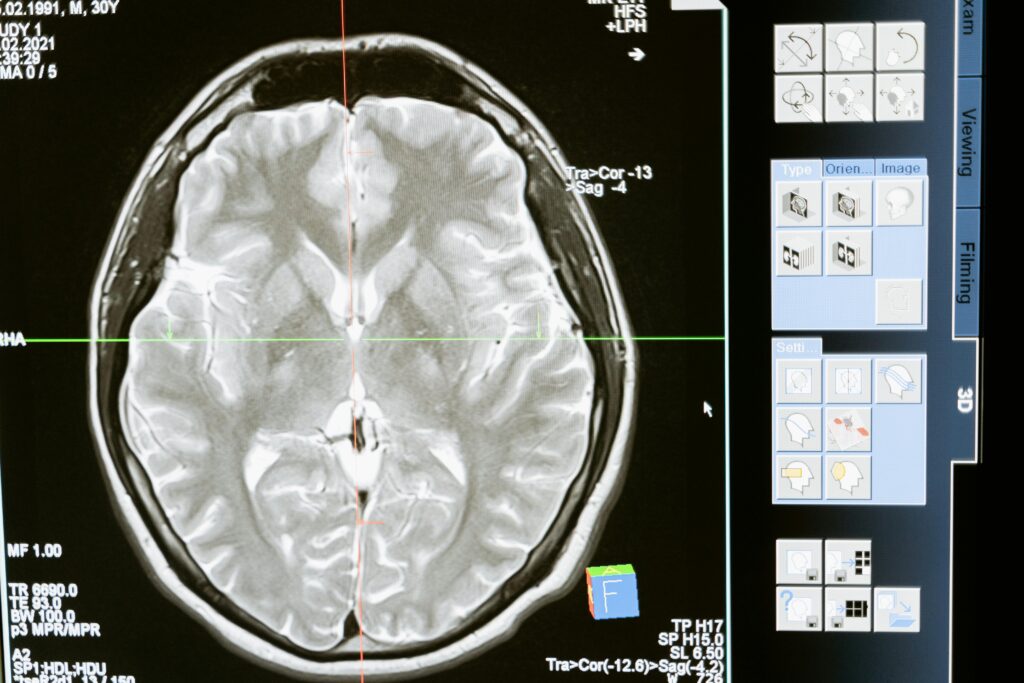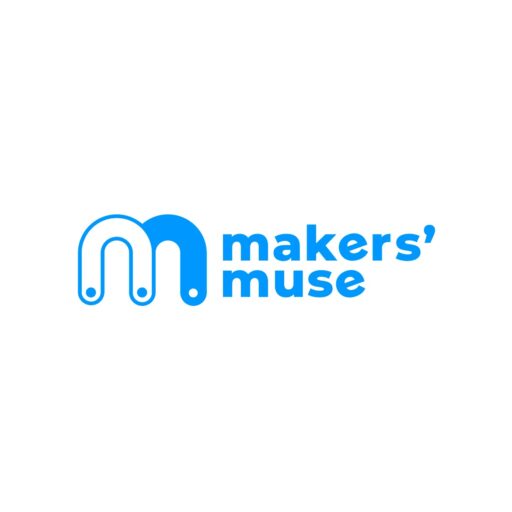The healthcare landscape is undergoing a digital revolution. As we embrace new technologies like telemedicine and artificial intelligence (AI), the way we document, analyze, and utilize medical data is fundamentally changing. At the forefront of this transformation lies medical coding, a specialized skill that translates medical procedures and diagnoses into standardized codes.
Why is Medical Coding Important?
Accurate medical coding is the backbone of efficient healthcare systems. It ensures proper billing, facilitates data collection for research, and enables smooth communication between healthcare providers and insurance companies.

The Rise of Medical Coding
The growing adoption of electronic health records (EHRs) has significantly amplified the demand for medical coders. EHRs generate vast amounts of complex data that need to be systematically categorized for optimal use. This has opened up a plethora of career opportunities in medical coding, making it a lucrative and sought-after profession.
The Changing Face of Medical Coding
The future of medical coding is inextricably linked to emerging healthcare trends. Here’s a glimpse into what’s on the horizon:
* Focus on Precision Medicine: With the rise of personalized medicine, coders will need to adapt to new coding systems that capture the nuances of an individual’s health data.
* Integration with AI: AI-powered tools will automate routine coding tasks, allowing human coders to focus on complex cases and data analysis.
* Emphasis on Data Security: As healthcare data becomes increasingly valuable, medical coders will play a vital role in ensuring its privacy and security.

Why Should Younger Generations Learn Medical Coding?
Encouraging younger generations to delve into medical coding offers several advantages:
* Future-Proof Careers: Medical coding offers promising career prospects with ample growth opportunities.
* Develop Tech-Savvy Skills: Learning medical coding hones valuable tech skills applicable in various healthcare fields.
* Contribute to Medical Innovation: Young coders bring fresh perspectives and can contribute to the development of more efficient coding systems.
Could medical coding become the next frontier in AI development?
AI has the potential to revolutionize medical coding by automating routine tasks, such as assigning codes based on diagnoses and procedures. This frees up human coders to handle complex cases and focus on tasks that require critical thinking and analysis. Furthermore, AI can continuously learn and improve coding accuracy over time. This collaboration between AI and human coders will be essential in ensuring the efficiency and effectiveness of medical coding in the future.

How will medical coding evolve alongside advancements in telemedicine and virtual care?
The rise of telemedicine and virtual care will necessitate the development of new coding systems to capture data generated in these settings. Medical coders will need to adapt to coding virtual consultations, remote monitoring procedures, and other digital health services. This presents an exciting opportunity for young coders to be at the forefront of developing innovative coding solutions for the evolving healthcare landscape.
What role will young coders play in shaping the future of healthcare delivery?
Young coders bring a fresh perspective and a strong foundation in technology to the table. They can play a pivotal role in shaping the future of healthcare delivery by:
* Developing user-friendly coding interfaces: Young coders can design intuitive coding systems that streamline workflows for healthcare providers in telemedicine and virtual care settings.
* Enhancing data security: With their tech-savvy minds, young coders can contribute to developing robust data security measures to safeguard sensitive patient information within the evolving healthcare ecosystem.
* Advocating for innovation: Young coders can be champions for innovation in medical coding, exploring new technologies like AI and blockchain to optimize coding processes and improve healthcare data management.
By embracing these opportunities, young coders have the potential to become game-changers in the future of healthcare delivery.
By introducing medical coding concepts at a young age, we can cultivate a generation of tech-savvy healthcare professionals. This will be instrumental in navigating the complexities of an evolving healthcare landscape and ensuring the accuracy, efficiency, and security of medical data.
